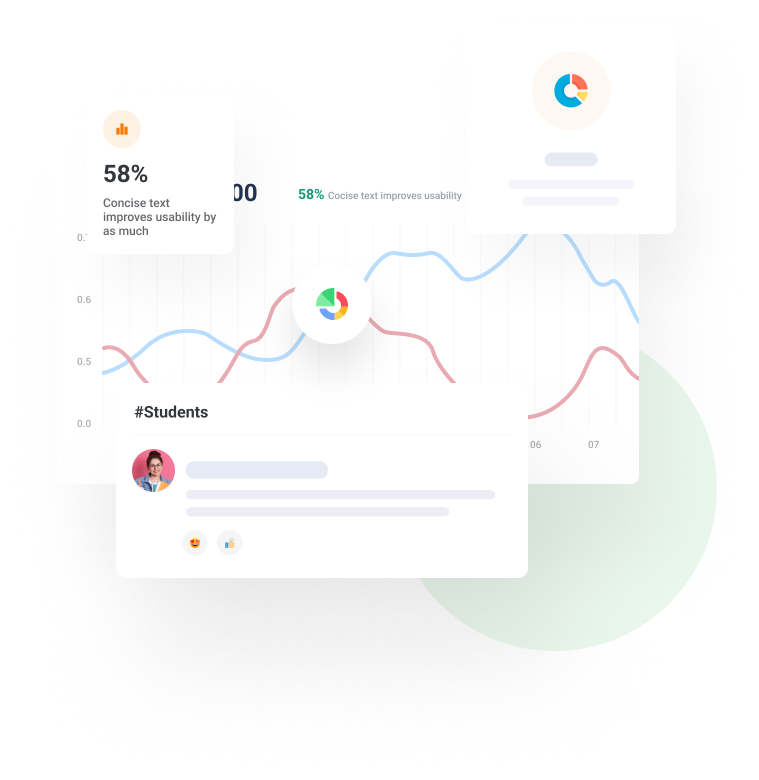Simplifying a Course to Reduce Student Stress so Students Can Focus Again on Learning
Published 2016
Authors
Dr. Alex Edgcomb
University of California- Riverside
Prof. Frank Vahid
University of California- Riverside
Abstract
The integration of digital and Internet resources has led to class resource clutter: online announcements, discussion boards, posted slides and additional readings, Google docs folders, online textbooks, online homework systems with separate subscription and login, class calendars, posted solutions, lengthened syllabi, surveys, clickers, lecture videos, and more. Students struggle to find and focus on the core academic content through the clutter. As one student said, “I have to open 10 tabs every day for this class.” Students are distracted by the time needed to install and learn how to use each class resource. Beyond the time and technical barriers, such context switches impose significant cognitive load that detracts from core learning. We conducted a crosssemester study to determine whether aggressively focusing a class’ resources can improve student performance. We note that the focus of this paper is in simplifying the class resource structure, rather than modifying the underlying academic content. The study observed a total of four courses with a total of 528 students. The first study considered two offerings of the same course (an online CS1 Introduction to C++), with the same content coverage and university. The first course offering contained traditional resources, while the second course aggressively simplified and focused class resources. The same study was again conducted for two inperson CS1 offerings: One offering with traditional resources; a second with simplified class resources. The participants were blind to the conditions of the study. We surveyed the students to measure stress with agreeability questions on a 6points scale (6 = Strongly agree, 0 = Strongly disagree). We found that students preferred the focused resources, enjoying the class more and experiencing less stress, than students in a class with traditional resources. For example, students with the focused resources reported a 4.9 of 6.0 for enjoying the class, which was significantly higher (pvalue < 0.001) than students with the traditional resources reporting 4.1 of 6.0. Further, this paper includes concrete suggestions for focusing class resources, including a curated list of suggestions from a few dozen instructors and course designers, and a stepbystep process.









